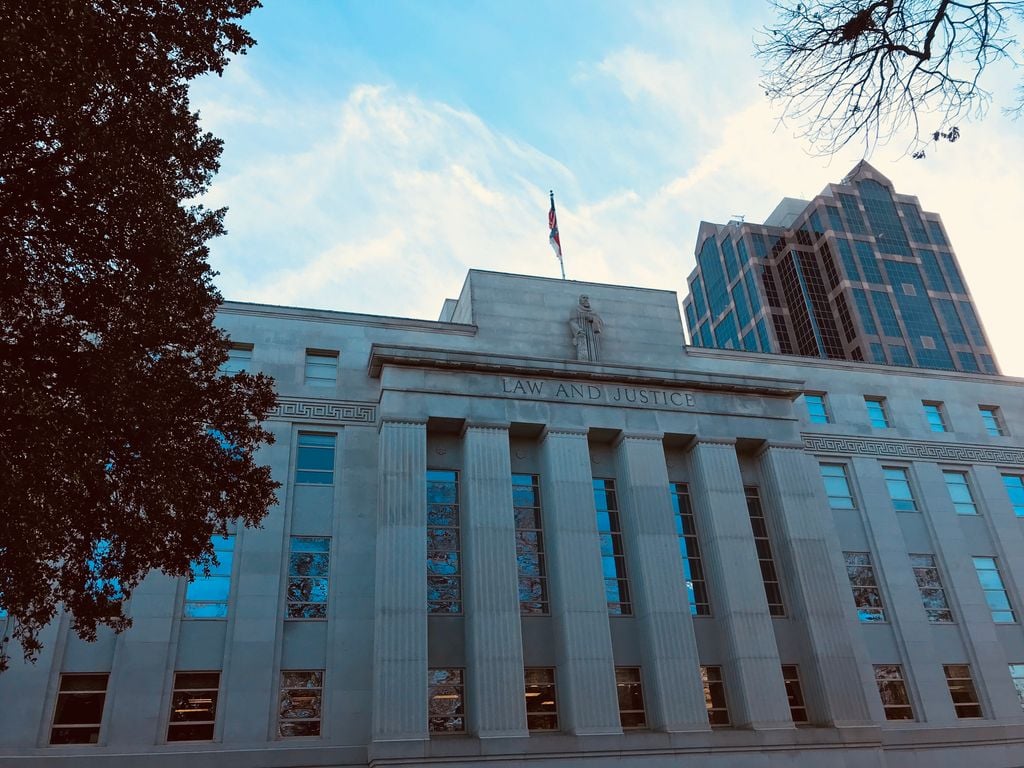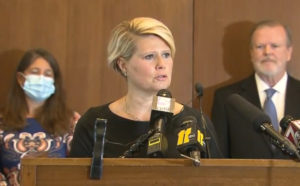NC lawmakers want state Supreme Court to dismiss intervenors in education funding case
(The Center Square) – Republican lawmakers involved in the decades-long Leandro school funding lawsuit want the state Supreme Court to dismiss a group of “plaintiff-intervenors” in the case ahead…

(The Center Square) – Republican lawmakers involved in the decades-long Leandro school funding lawsuit want the state Supreme Court to dismiss a group of “plaintiff-intervenors” in the case ahead of oral arguments scheduled for later this month.
Matthew Tilley, attorney for Senate President Pro Tempore Philip Berger, R-Rockingham, and House Speaker Timothy Moore, R-Cleveland, filed a motion Tuesday to request the state’s highest court dismiss Rafael Penn, the Charlotte-Mecklenburg Branch of the NAACP and others from the case because he argues their “claims are entirely unrelated to the issues involved in this appeal.”
The case currently before the Supreme Court centers on court-ordered funding for “a sweeping, eight-year ‘Comprehensive Remedial Plan’ that would rework much of the North Carolina school system, among other things,” Tilley wrote.
Justices will decide whether a trial judge can order state officials to move $785 million from the state treasury to fulfill aspects of the remedial plan without legislative approval. Plaintiffs in the case want the Supreme Court to reinstate the forced transfer, while lawmakers argue the transfer is unconstitutional because public education policy and spending rests with the legislative branch.
Tilley previously requested Supreme Court Justice Anita Earls recuse herself from the case because she worked for the plaintiff-intervenors in 2005, and he cited Earls’ response denying the request last Friday in his reasoning for the motion to dismiss on Monday.
“Plaintiff Intervenors were only granted a limited intervention in this matter to pursue claims related to the conditions in a specific subset of the Charlotte-Mecklenburg School district,” Tilley wrote. “Justice Earls confirmed this point last Friday in an order denying Legislative-Intervenors’ motion to recuse.
“In that order, Justice Earls held that, although she signed Plaintiff-Intervenors’ initial complaint, she did not need to recuse herself because ‘the facts and claims at issue in the Intervening Complaint – which largely concerned student assignment policies in CMS – are entirely unrelated to the questions presently before this court,'” Tilly wrote.
“Likewise, the only claim they have asserted in this case was severed from the proceedings that led to the orders now on appeal,” the motion read. “Their appeal should therefore be dismissed for lack of appellate jurisdiction.”
Tilley also argued that “allowing Plaintiff-Intervenors to participate as a ‘party’ to this appeal, even though it is entirely unrelated to their claim, risks the appearance that the Court is granting favorable treatment to one of the Justice’s former clients.”
Tilley noted that the plaintiffs-intervenors are scheduled to participate in oral arguments in the case next week, despite Earls’ assertions their claims are not before the court.
“It cannot simultaneously be true that Plaintiff-Intervenors’ claims are not before the Court and that Plaintiffs-Intervenors are ‘parties aggrieved’ by the orders on appeal,” he wrote.
Tilley is requesting the Supreme Court dismiss the plaintiff-intervenors as a party to the appeal proceedings, dismiss their appeal from the trial court’s order, and strike from the record the group’s opening, response, and reply briefs filed in July and August.
Oral arguments in the case begin on Aug. 31.



